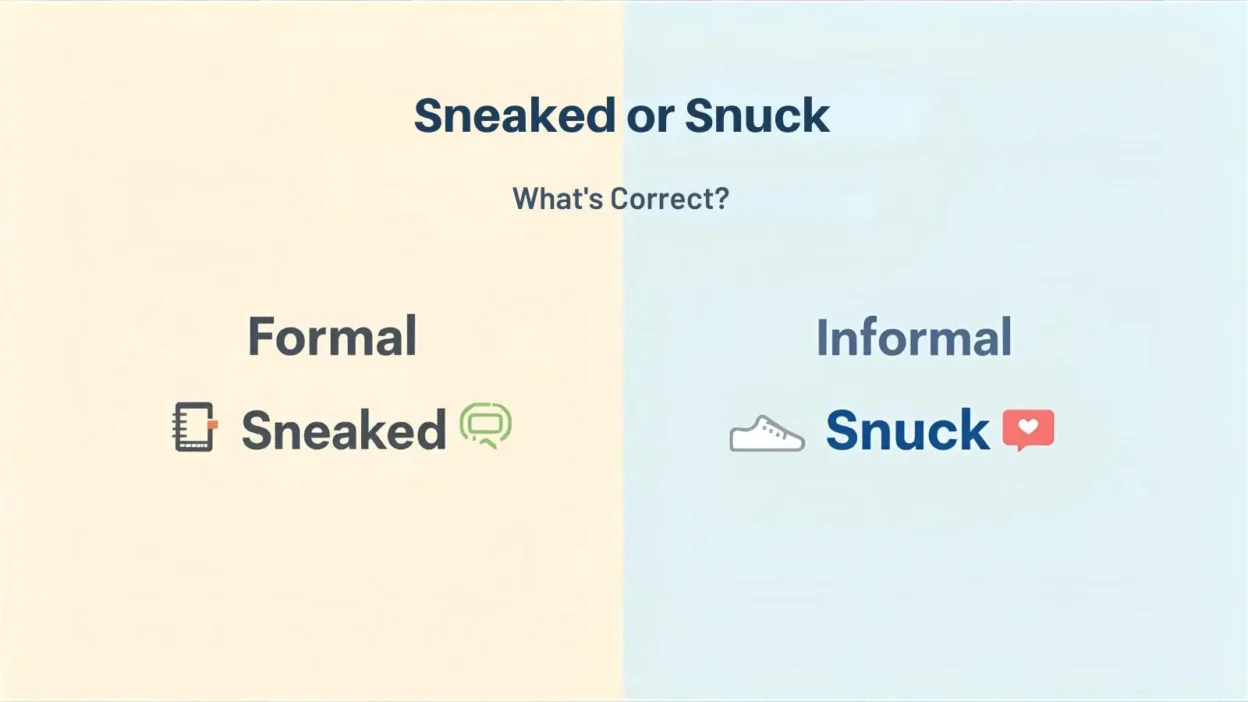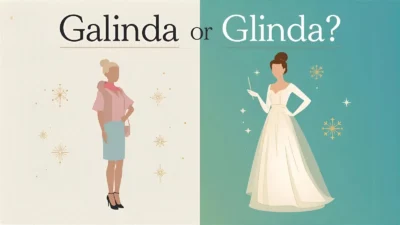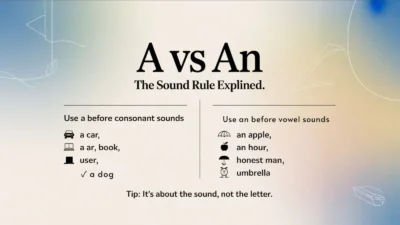I’ll admit it — I’ve paused mid-sentence wondering, is it sneaked or snuck? 🤔 If you’ve done the same, you’re in the right place.
Whether you’re an English learner, writer, or just someone who loves getting grammar right, this guide is for you. I’ll explain which form is correct, why both exist, and when to use each one.
By the end, you’ll know exactly when to say “I sneaked in” or “I snuck in” — with total confidence. ✍️
Sneaked or Snuck – Quick Answer 🕵️
✅ Both “sneaked” and “snuck” are correct.
However, their usage depends on context:
| Context | Correct Usage | Example |
|---|---|---|
| Formal writing | Sneaked | She sneaked into the meeting quietly. |
| Informal or conversational English | Snuck | He snuck out after midnight. |
👉 Rule of thumb:
Use “sneaked” in professional or formal writing.
Use “snuck” in casual or spoken English.
The Origin of “Sneaked or Snuck” 📜
The verb “sneak” dates back to the late 1500s in English, meaning “to move stealthily or secretly.”
Traditionally, the past tense was “sneaked,” following the regular verb pattern (add -ed).
However, in the 1800s, speakers—especially in North America—began saying “snuck” instead. Linguists call this analogical change, similar to how “stick” became “stuck.”
At first, “snuck” was seen as slang or nonstandard. But over time, it gained popularity in American English and is now widely accepted, even in reputable dictionaries like Merriam-Webster and Oxford.
British English vs American English Spelling 🇬🇧🇺🇸
| English Variety | Preferred Form | Example |
|---|---|---|
| British English | Sneaked | The cat sneaked past the guards. |
| American English | Snuck | The kid snuck into the kitchen for cookies. |
In British English, “snuck” is still considered informal or even incorrect in formal writing.
In American English, both “sneaked” and “snuck” are acceptable, though “snuck” feels more natural in everyday conversation.
Comparison Table:
| Form | Origin | Formality | Region | Example |
|---|---|---|---|---|
| Sneaked | Regular verb | Formal | UK/US | She sneaked a look at the answers. |
| Snuck | Irregularized | Informal | US | He snuck through the window. |
Which Spelling Should You Use? 🌍
Here’s a simple guide:
- For academic, business, or official writing: use “sneaked.”
- For storytelling, dialogue, or casual conversation: “snuck” sounds more natural.
- If your audience is British or Commonwealth (e.g., Canada, Australia): stick to “sneaked.”
- If your audience is American: both are fine, but “snuck” feels more modern.
Example:
- Formal: “The investigator sneaked into the archives.”
- Informal: “He snuck into the concert without a ticket.”
Common Mistakes with “sneaked vs snuck” 🚫
Here are some frequent errors about “snuck vs sneaked”:
| Mistake | Correction |
|---|---|
| ❌ He sneakeded into the room. | ✅ He sneaked into the room. |
| ❌ She snucked out last night. | ✅ She snuck out last night. |
| ❌ He sneak into the house yesterday. | ✅ He sneaked/snuck into the house yesterday. |
Tip: Never add -ed to snuck. It’s already past tense. This is clear rule of “snuck vs sneaked”.
“Sneaked” or “Snuck” in Everyday Examples 💬
Here’s how both appear in real-world contexts:
Emails:
“I sneaked a quick look at the report before the meeting.
News Headlines:
Fan snuck backstage to meet the band.
Social Media:
Just snuck a cookie before dinner 😋
Formal Writing:
The agent sneaked into the enemy base undetected.
Both are understood globally—but the tone shifts depending on which you choose.
“Sneaked” or “Snuck” – Google Trends & Usage Data 📊
According to Google Trends, searches for “snuck” dominate in the United States, Canada, and the Philippines, while “sneaked” is more popular in the UK, Australia, and India.
| Country | Most Used Form | Popularity % |
|---|---|---|
| USA | Snuck | 72% |
| UK | Sneaked | 80% |
| Canada | Snuck | 65% |
| Australia | Sneaked | 77% |
💡 Insight:
“Snuck” continues to grow in informal online writing, memes, and pop culture—showing that language evolves with usage. Now you would be clear about “snuck or sneaked”.
Drier or Dryer – Which Spelling Is Correct? with Examples in 2025
FAQs:
1. Is “snuck” grammatically correct?
Yes, it’s considered correct in modern English, especially in American usage.
2. Is “sneaked” outdated?
Not at all. It’s still the preferred form in formal English.
3. Can I use “snuck” in an essay or report?
Better not—stick to “sneaked” for academic or professional writing.
4. Why do people say “snuck” instead of “sneaked”?
Because it sounds smoother and mirrors other irregular verbs like “stick/stuck.”
5. Is “snuck” in the dictionary?
Yes. Dictionaries like Oxford, Merriam-Webster, and Cambridge all include it.
6. Which one should English learners use?
Start with “sneaked.” It’s universally accepted and easier for exams or formal writing.
7. Is there a difference in meaning between “sneaked” and “snuck”?
No—both mean “moved quietly or secretly.” Only tone and region differ.
8. Is sneaked a word?
Yes, “sneaked” is the correct and standard past tense of “sneak”; “snuck” is informal but also accepted.
Conclusion 🧭
When it comes to “sneaked or snuck,” both are correct—but context is everything.
Use “sneaked” when you want to sound polished and professional. Use “snuck” when you’re going for a natural, conversational tone.
The beauty of English lies in its flexibility. Whether you “sneaked” through the back door or “snuck” past your curfew, what matters is clarity and confidence in your choice.
So next time you’re unsure—just remember: you can’t go wrong, but you can sound smarter depending on your audience.

Hi, I’m Jason Carter, the author behind GrammarNestly.com.
I’m a grammar expert with a passion for helping readers understand the English language in a simple and practical way.
I love breaking down confusing grammar rules and turning them into easy, everyday lessons that anyone can follow.



